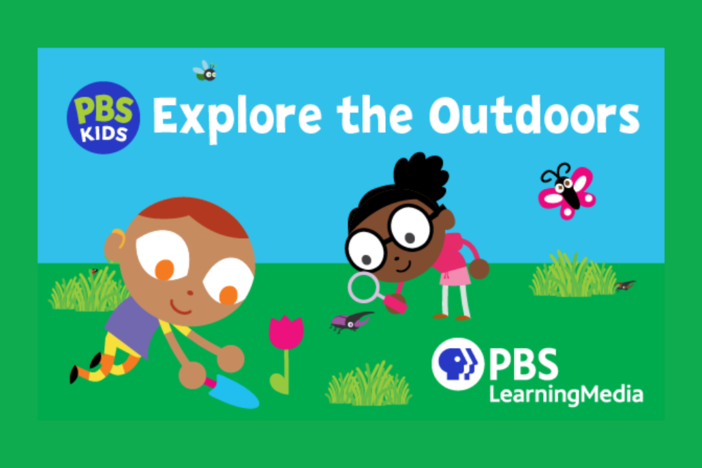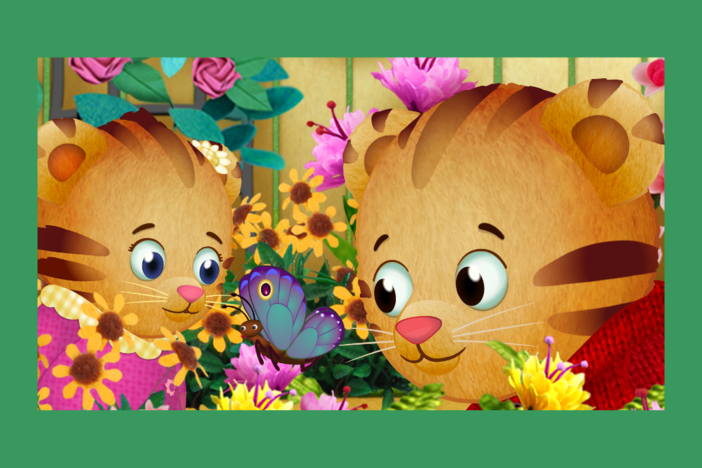
Section Branding
Header Content
Dig Into Mining with Discovery Education
Primary Content

We all want to inspire students to be curious and explore the world around them - that's how they learn! To encourage exploration, Discovery Education and Freeport-McMoRan have partnered to create an interactive program for grades 6-8 that uncovers the use of transition metals such as copper, gold and molybdenum in our everyday life and provides students a deeper understanding of today's hard rock mining industry. The initiative equips educators, students and families with dynamic resources, including a virtual field trip, interactive digital learning tools, and school-to-home connections with career exploration activities. All resources are designed to give students a front row seat to nature's geological wonders. Teachers can use the free resources to develop key STEM, critical thinking, and problem-solving skills. Classroom extensions are included to reinforce core math and science concepts with real-world challenges such as an Economic Feasibility Study and Patterns of Natural Resources.
Dig a Little Deeper, the virtual lab, takes students inside the world of copper mining, posing authentic science problems in a real-world setting. Students are part of an exploration team that has been challenged to make a recommendation for which of three potential sites to build a copper mine. All three sites have advantages and trade-offs. In order to make their recommendations, students must conduct several authentic tests that an exploration geologist, environmental scientist, and mining engineer do during the exploration phase of mining. Once their tests are complete, they will make and justify a hypothesis about which site will be best to build a copper mine, develop an additional research plan, and make a final recommendation. The lab focuses on the first step in the mining process: exploration. The exploration phase is followed by three subsequent phases: operations, distribution, and reclamation. The lab has been designed to be flexible, with students having the option of navigating it individually or as part of a team.
To access the resources, visit www.digintomining.com
Decide to Dig into Mining in your classroom? Tweet or email us a picture: @GPBEducation or education@gpb.org
Secondary Content
Bottom Content





